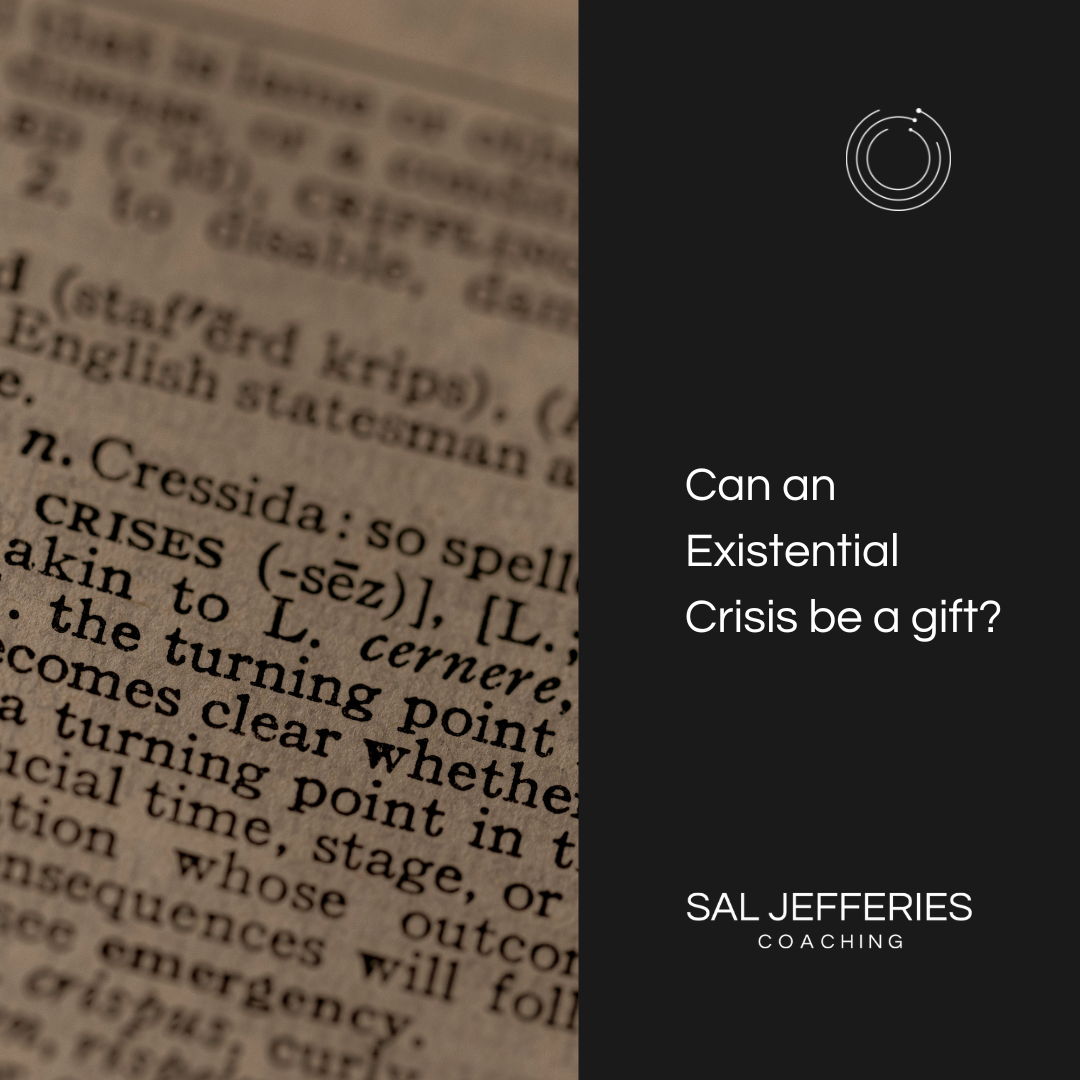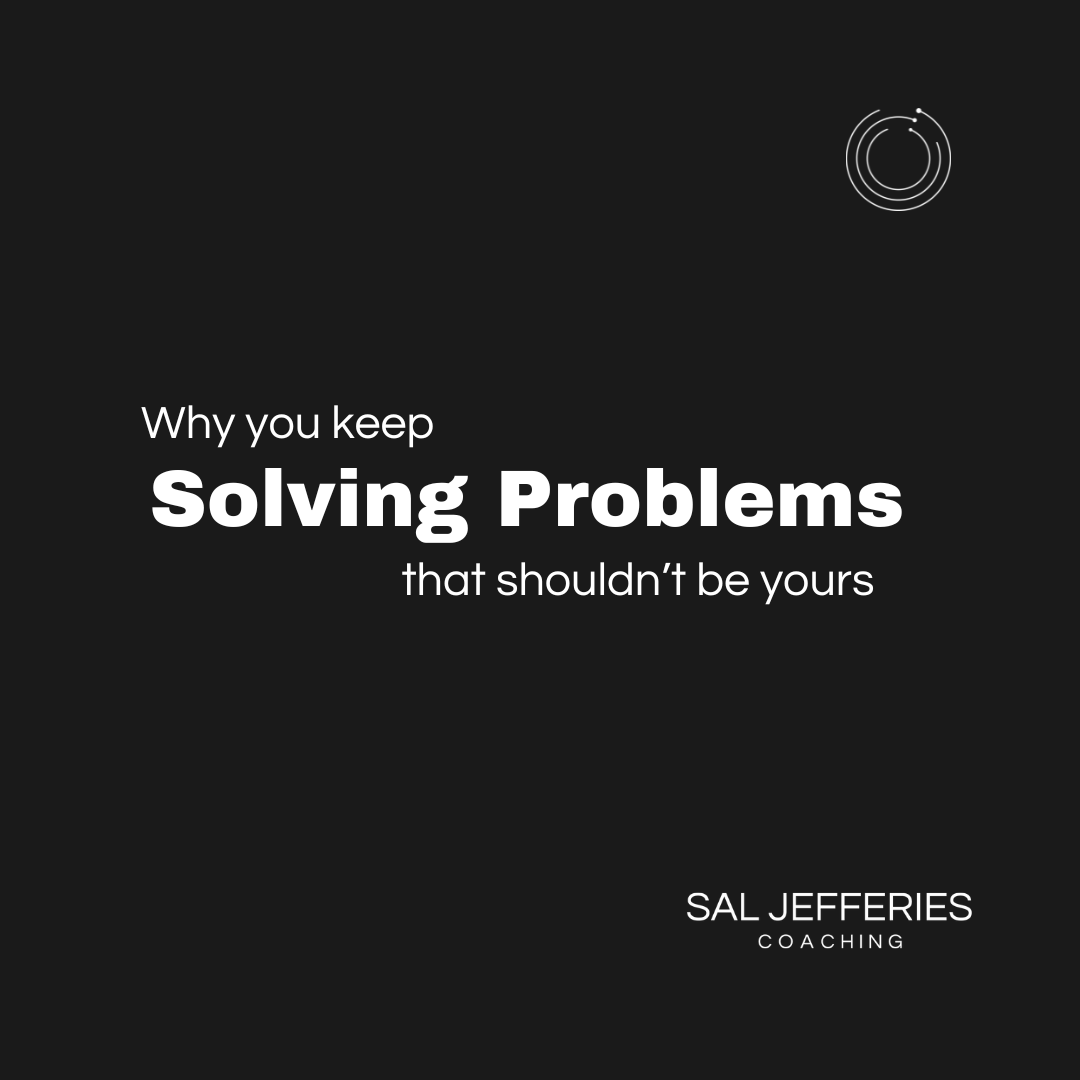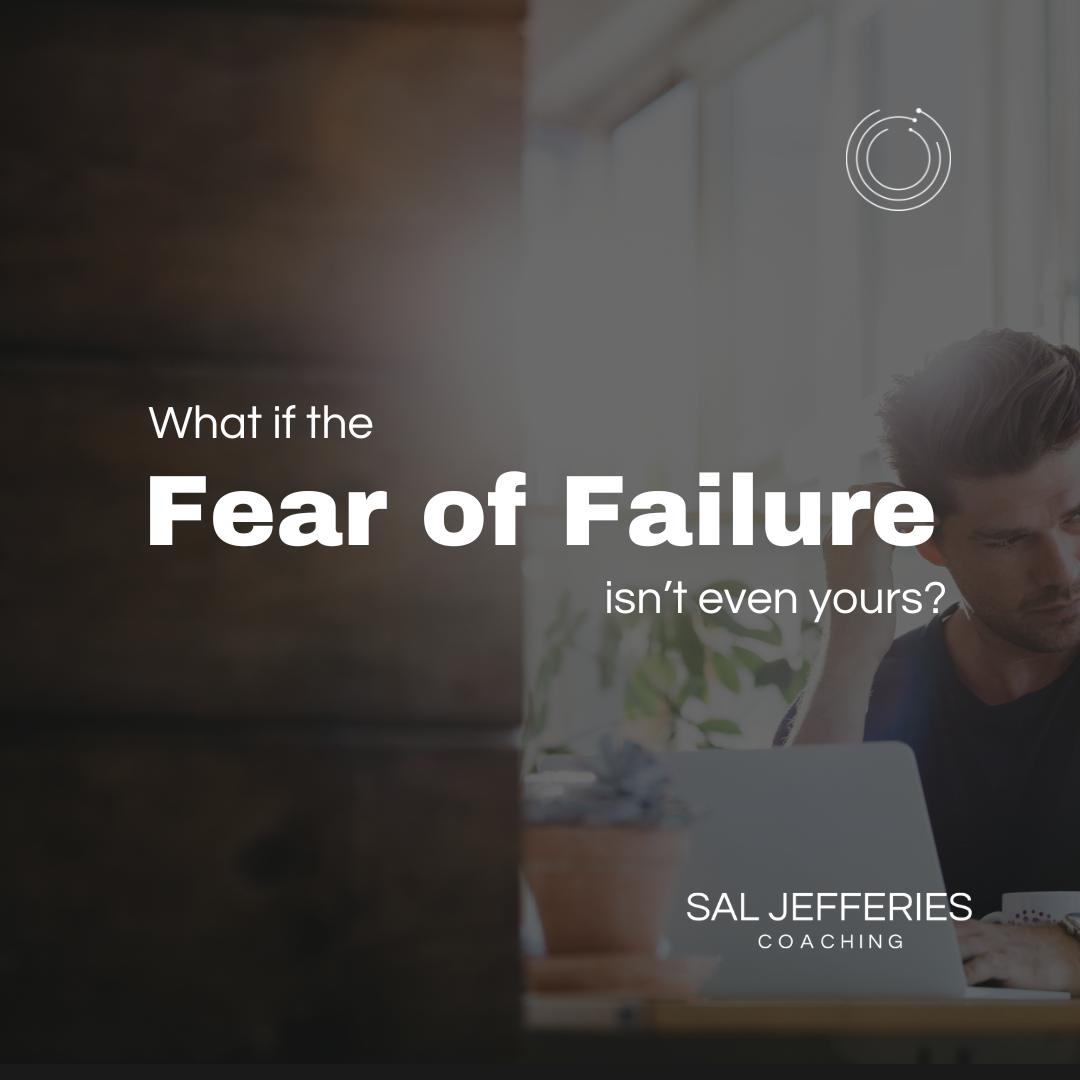
Can an Existential Crisis be a gift?
I’d like to be clear, an existential crisis can be a horrible experience.
It's disorienting, destabilizing, and feels like you're coming apart. I know because I've been through a couple of them.
But I've learned it’s part of a process of ending and beginning. When I say crisis can be a gift, I'm talking about something specific. It's about allowing an old sense of self to shed and someone new to develop.
If you look at natural systems, things need to die off before the new can regenerate. The same is true for our sense of self, our identity.

Is What You’re Doing What They Experience?
Here's what most leaders (and the majority of people) don't realise: you simply cannot experience yourself.
You can't hear your own language patterns or tone of voice. You can't observe your nonverbal cues during communication ( what if you think you’re being assertive but your team perceive that as subtly threatening?).
You experience yourself from the inside out, while everyone else experiences you through their own perception. This is such an important point so many people miss.

Burnout Isn’t a Problem to Fix. It’s Intelligence to Use.
It’s common, but unhelpful, to treat burnout like something to fix.
I see it differently.
I've learned that burnout symptoms are your internal intelligence system sending strategic signals. The exhaustion, the mental fog, the feeling of being trapped - these aren't personal failures.
They're clear signals that how you running your business (and life) is no longer working. For the strategically minded, you can think of these signals as business diagnostics.

Why You Keep Solving Problems That Shouldn’t Be Yours
What looks like problem-solving is actually something deeper. We call this the savior complex. When a person steps in and picks up someone else's problem or poor performance.
It seems like the right thing to do. After all, it's your business. But the pattern is happening because of you. And you're keeping it alive.

What If Fear of Failure Isn't Even Yours
The "fear of failure" among founders and entrepreneurs is often a misunderstood psychological pattern. Rather than an innate fear, it's typically inherited beliefs about failure from parents, culture, or past experiences that no longer serve successful business leaders.
We make the meaning about us, and that’s the problem.

How Tennis Champions Handle Pressure: Mental Performance Lessons for Founders
Watch a tennis champion at match point. Everyone in the crowd holding their breath. Everything rests on this point.
Yet something familiar happens. The player's routine remains identical to the opening point. Same breathing pattern. Same pre-serve ritual. Same mental approach.
What I find fascinating about watching tennis is how explicit it all is. The pressure, the stakes, the human response. It's all there for us to see.
The difference? Champions have mastered the ability to reset, become present and play only that point.

Problems have patterns. Changing the pattern, changes everything.
Many successful founders hit a wall around midlife—overwhelm, team conflict, cash flow issues, and a nagging feeling that the old ways of working aren’t sustainable anymore. What if these problems aren’t just random challenges, but signs of deeper patterns?
In this post, I explore how pattern recognition helps founders overcome recurring business issues by shifting from surface-level problem-solving (content) to understanding the deeper structures that drive those problems (context).

The Problem With How We Solve Problems
There are two ways to look at solving problems and creating change. You can either make changes to what's already happening by making some tweaks and alterations, refinement you could say, or you can entirely change the system. Now, for most of us, this system is our mindset, our world view, and this is harder to change because we're attached to it.

Disconnecting to Reconnect: A Founder's Digital Sabbatical
As a founder coach, I know the most important thing is a meaningful conversation. Real conversations with real people about real challenges. And I listen deeply to help someone understand how they're thinking.
When I decided to take a break from social media, I wanted to ensure I was spending my time making impact. More focus on people and less on distraction.